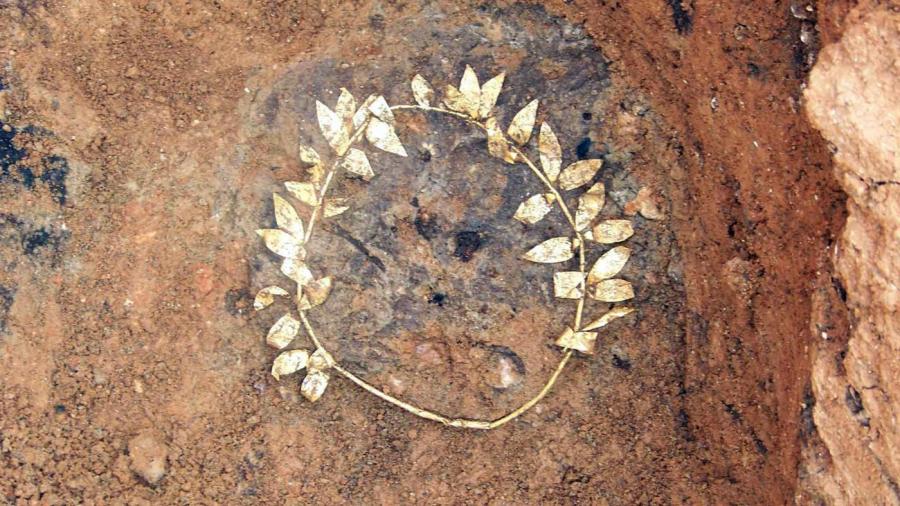What Were the Prizes in the Ancient Olympics?

When an athlete was crowned champion of his sport during the ancient Greek Olympics, his prize was a wreath of olive leaves that were cut from the trees in Zeus’ sacred grove in Olympia, as well as having a statue of himself erected in Olympia. The prizes were quite minimal, as the honor associated with winning was by far more important.
The ancient Greek Olympics first took place in 776 B.C. and continued to be held every four years until well into the fourth century A.D. Athletes from all across Greece would travel to the sacred site of Mount Olympia in hopes that they would eventually be crowned champion of their respective sports.
When an athlete won his event, he would be given a palm branch and have red ribbons draped around his head, arms and legs. That evening a feast would be held in his name, and then the following morning, the winning athlete was expected to give gifts and thanks to the gods for helping him win.
Finally, at the culmination of the Olympics, there would be a large ceremony to crown all of the winners, at which time the judges would crown each winner with a wreath made from a sacred olive branch.





